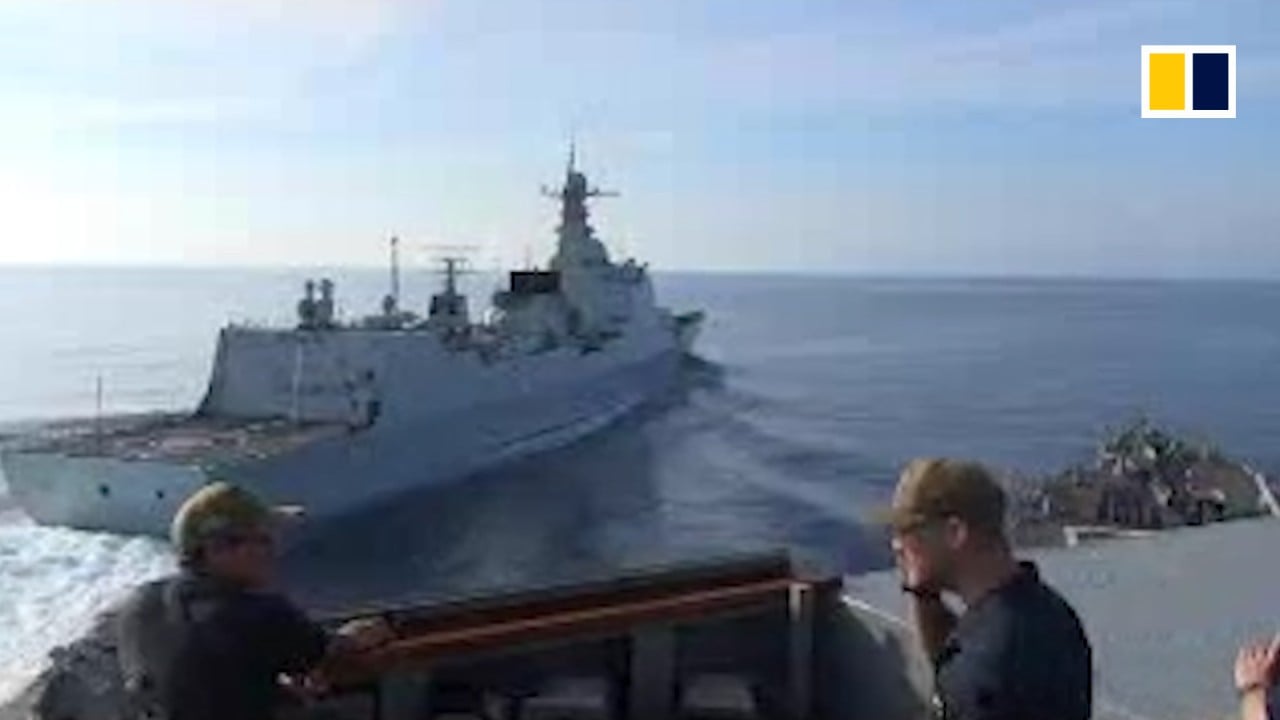
On Cuba, South China Sea or Taiwan Strait, Beijing has failed to rally support against US positions
- The question isn’t so much why Beijing and Havana might be conspiring to spy on the US. Rather, it’s why China would not have something of this nature on the go already
- Moreover, Beijing should reflect on why it hasn’t been able to convince others in the region to join it in challenging US narratives in the South China Sea
There are other reasons that alleged Chinese and Cuban cooperation on spying cycled out of the headlines more quickly than the balloon incident.
The cultural impact of that crisis stretched from the baby boomers well into Generation X, and makes reports of a listening station in Cuba seem to many in these age brackets about as threatening as a jaywalking fine in Manhattan. Meanwhile, social-media obsessed younger Americans largely aren’t concerned about something that doesn’t play well in a five-second video loop with special effects.
For many of us who have been tracking the downward spiral in US-China relations in recent years, the question isn’t so much why Beijing and Havana might be conspiring – it is why China would not already have something of this nature in a country that Washington has been trying to bring to its knees economically for six decades.
Another important question: have American efforts to isolate Cuba been worth the complete forfeiture of diplomatic leverage that might have prevented efforts – real or imagined – to turn Cuba into a Chinese spying base?
There’s another aspect of the US-China-Cuba tangle where Washington is not on entirely firm footing, and one that Beijing rightfully presses, even if it’s an exercise in “whataboutism”.
The American freedom of navigation patrols through the South China Sea, a source of US-China tension, undoubtedly include intelligence gathering operations.
Moreover, the limits that international laws of the sea place on intelligence gathering in the exclusive economic zones of other countries, which US and Chinese patrols do regularly, is not a settled matter and could leave these operations open to criticism.
From Washington’s perspective, freedom of navigation operations in the South China Sea are nothing close to armed aggression, but that is how Beijing portrays the presence of US aircraft carrier groups.
Given all the above, countries in the region have firm ground to stand on if they want to join Beijing in calling for restrictions on US naval operations there or even demand an end to them.
When it comes to Washington’s positions on Cuba, the South China Sea or the Taiwan Strait, there are several outstanding questions. Beijing, with all the economic clout it has built, should be able to muster large coalitions to challenge them. But it hasn’t happened, and whose fault is that?
Robert Delaney is the Post’s North America bureau chief



